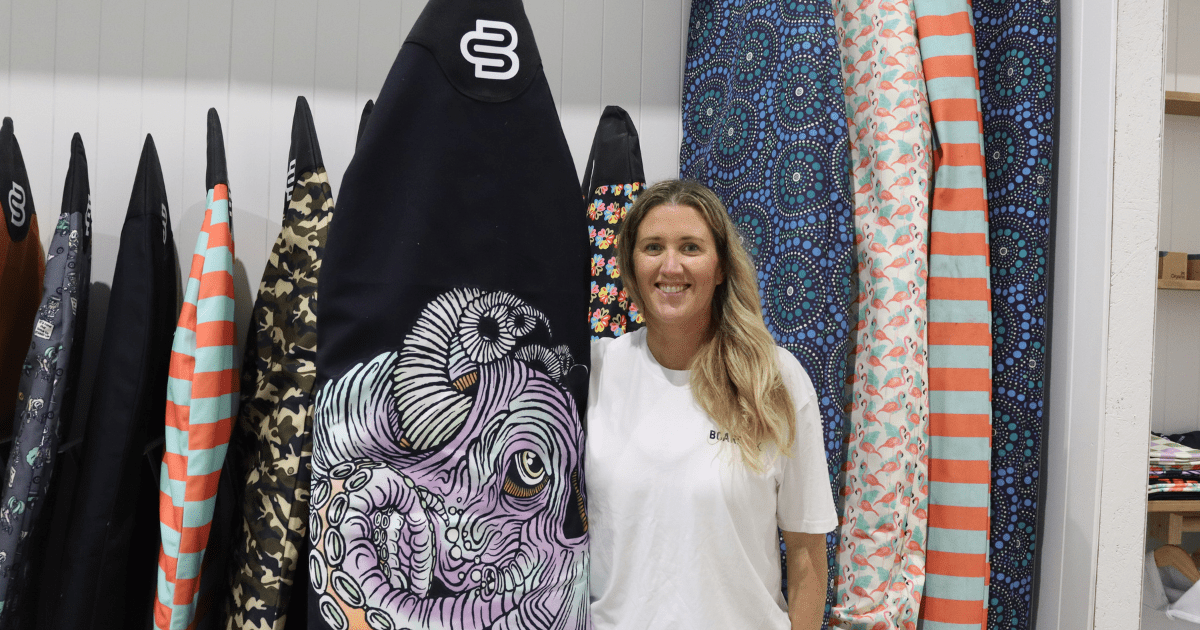The bare bones of milk and health
We are raised being told we have to drink our milk to make our bones grow big and strong but as we get older the health benefits of milk consumption are not so clear.
A Swedish study conducted by the Uppsala University observed 61,433 women aged 39-74 years for approximately 20 years and 45,339 men aged 45-79 years for approximately 11 years to determine whether “high milk consumption is associated with mortality and fractures” and this was achieved by recording diet, lifestyle factors, height and weight.
The results found that women who drank more than three cups of milk daily almost doubled their rate of an early death and were 60 per cent more likely to suffer a hip fracture in the 20-year period, and there was also a correlation although not as predominant in men.
On the contrary to this, they also discovered that people who consumed high amounts of fermented milk products (cheese and yoghurt) had a lower risk of fracture and mortality. This may be explained by sugars (lactose and galactose) found in milk are in low or barely noticeable traces in fermented milk products.
Animal studies with these sugars showed a reduced lifespan due to oxidative stress and chronic inflammation, which these researchers also found biomarkers for in the participants.
Several studies have been published in the Journal of the American Medical Association Paediatrics and the American Journal of Public Health that found supporting evidence that the rate of bone fractures is generally lower in countries that don’t consume milk and that there was a 50 per cent increase in the risk of fracture with daily consumption of dairy.
However, Associate Professor Natalie Sims at the St Vincent’s Institute of Medical Research says the study “is not suggesting that it’s dangerous to drink one cup of low fat milk a day”. Another study published in The Medical Journal of Australia also recommends that a daily dose of vitamin D greater than 800 IU with greater than 1000mg of calcium will aid in reducing the risk of falls and fractures.
Dairy is not the only dietary source of calcium; it can also be found from kale, spinach, oranges, beans, green peas, chickpeas, quinoa and seeds (almonds, sesame, chia seeds).
Dietary sources of vitamin D is limited but can be found in small amounts in wild-caught fatty fish (herring, mackerel), liver and eggs. The best source of vitamin D for most people is sunlight.
The other milk craze or flavour of the month among body builders and paleo diet followers that is not recommended is the consumption of breast milk purchased over the internet – something to contemplate over your breakfast cereal.
Dr Erin Coffey is an osteopath at The Health Creation Centre in Ocean Grove.


















